Operation Pawan : Role of Airpower With IPKF
Operation Pawan was Independent India's first and only out-of-country operation which commenced as a peace-keeping operation but soon got converted into peace-enforcing one. It provided unique operational challenges for all three components of the Indian Armed Forces. Airpower played a significant role in every facet of the Operation whether it be induction of forces, logistics support, casualty air evacuation, reconnaissance, close air support special heliborne operation or deinduction. The IPKF was dependent on airpower even for its day-to-day sustenance. It was an operation where fixed and rotary wing aircraft of the Indian Armed Forces flew near to a hundred thousand sorties over a period of 2½ years — a stupendous effort however one considers it.
The determination, courage and bravery that the crews displayed when operating in an extremely hostile environment was exemplary. The work describes in detail the role of air power in various operations right from Operation Poomalai on 4 June 1987 till the completion of deinduction of the Indian Peace Keeping Force in March 1990.
This is perhaps the only book that covers the history of Operation Pawan right from its conception to the induction of forces into Sri Lanka till the deinduction of the IPKF. Another unique feature of the book is that it describes the role played not only by the Indian Air Force but also by Army Aviation as well as Indian Naval Aviation. In addition, it also covers the background which led to the Indian intervention into what was essentially Sri Lanka's internal matter as well as various political developments that led to the change of the role of the IPKF during the period it was there.
Get it now and save 10%
BECOME A MEMBER

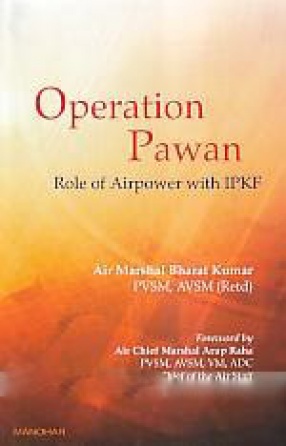
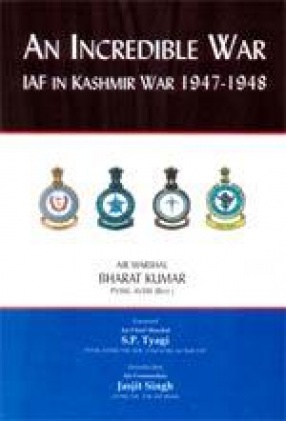
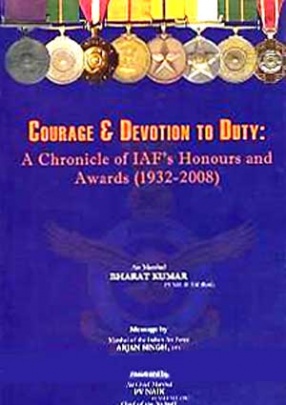
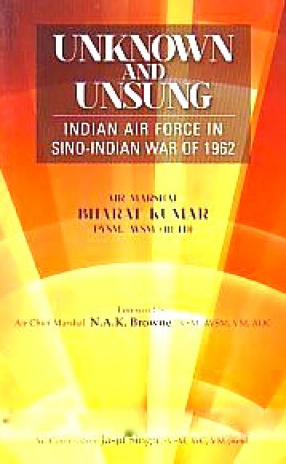
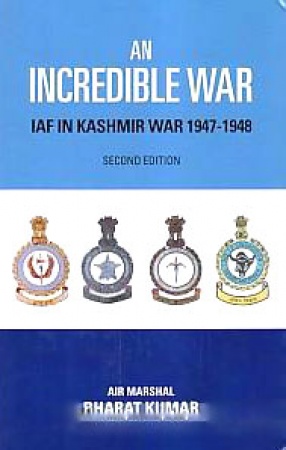





Bibliographic information
Arup Raha